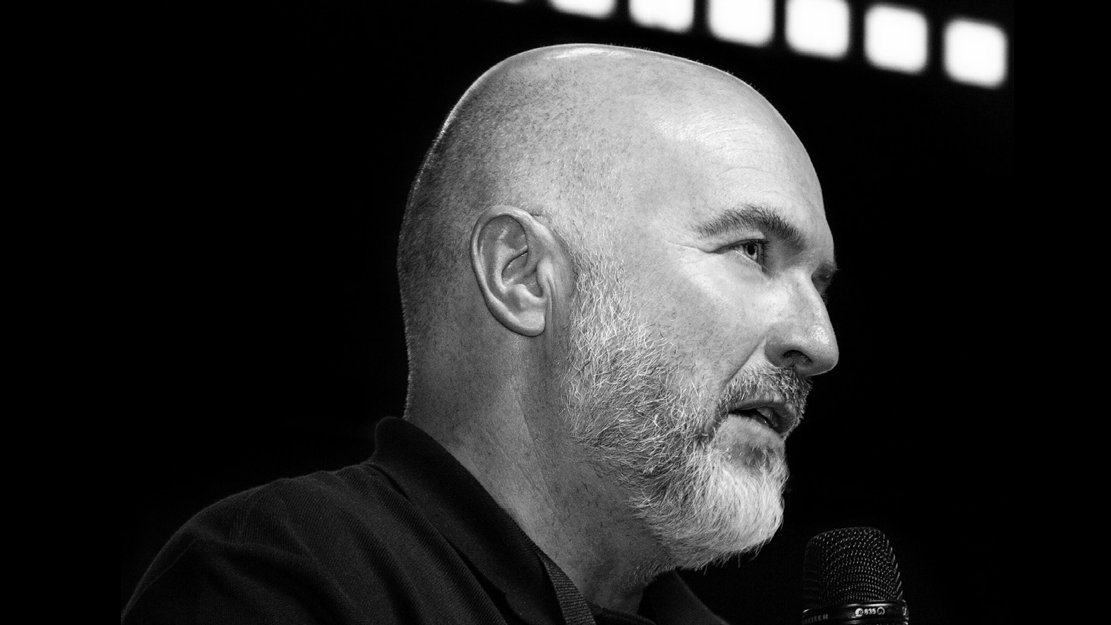We’re looking forward to meeting you and Darren at our Fan Experience workshop on 5 November. Why do you think the subject of Fan Experience is so important right now?’
It’s always been important, but football has done very little to acknowledge this. It’s important, because for the vast majority of clubs, it’s where their revenue comes from. For elite clubs, with their global broadcasting and other commercial arrangements, ticket revenue will often be a small percentage of their overall income, but for clubs outside of the elite – the clubs we work with – match day revenues are critical. You only have to see what’s happened with Covid. None of these clubs are sustainable without regular match day income.
But isn’t the Fan Experience conditional on the performance of the team?
To an extent yes, in that for teams who continually play well, win and achieve glory, attendances and interest will always be towards the higher end, but that doesn’t mean that clubs who don’t win can’t prosper. In fact, the problem has been that clubs haven’t ever articulated a clear attendance growth strategy – especially one that is successful even when the team isn’t.
When we first started working in football a couple of decades ago, it was clear that attendance growth was felt to be something you couldn’t influence. If you won, it increased and if you lost, it decreased. Your only option was to build a winning team or to discount, neither of which are sustainable options for the majority of clubs.
However, where clubs work hard on creating better match day experiences, fans have many more reasons to keep coming, even when things aren’t going so well on the pitch. Existing fans feel more valued, so are less likely to lapse, while groups like young families, for example, whose needs are more to do with the experience than the result, will come in increasing numbers.
So, I guess Covid has made this issue even more critical?
Correct. There is plenty of evidence to suggest that even our most loyal match-attending fans are thinking twice about returning.
Of course. Right across Europe we’re seeing football signal that, without allowing fans into stadiums, many of our smaller clubs will not survive. Here in England, we’re told that some clubs are now weeks away from folding.
We’re facing an existential crisis now and, to be clear, we are not saying that improving the Fan Experience is the only solution. But what Covid has done is revealed just how easy it is for fans to ‘give up the habit’ when the experiences they have do not suggest their clubs really value them. We’ve seen comments from previously 100% loyal fans, who have never missed a game, saying that they’ve now found other ways to spend their weekends.
I always remember the fan of the club in England (now a Premier League club) who told me that he managed to get hot water from the washroom taps for the first time in more than 30 years at his club. How many other businesses would get away with treating their customers so badly?
There’s an existential emergency in football and it won’t simply be fixed with extra income. We need proper structured engagement and experience strategies in place. We need to see Covid as a paradigm shift. We must change the way we see our supporters.
What would you advise clubs and leagues to do?
We must let Covid19 be a catalyst for change; a recognition that the model most clubs work to isn’t sustainable anyway and a commitment to make fan engagement and fan experience key club priorities. Isn’t it time we began to think of fans differently: not to take them for granted; not to assume their loyalty and affection, but to regard them as successful businesses do and properly value them?
What does this mean in practice?
We need to see Fan Engagement as a strategic and cultural context, not just a question of entertainment, digital content or discounts on replica shirts for season ticket holders. For us, fan engagement is everything we do to understand, respect, protect and develop the fan’s emotional investment in the club.
The better we value and respect fans, the faster this emotional investment grows. That translates into lots of benefits. Fans are more forgiving. Fans talk positively about us (and on social media too). Fans participate more (in surveys and other club initiatives). Fans raise issues in the hope that they will be addressed and advocate the club more positively in their networks. As this sense of value grows, so do external perceptions of the club improve. Ultimately, all of these ‘non-transactional’ elements combine to make it more likely that fans will renew, attend more games, buy more merchandise and contribute more to our clubs’ financially. But this only happens in a sustainable way, if you make Fan Engagement part of your club’s culture.
So, what can clubs do now, with no fans or very few fans attending matches?
Well, apart from attending the workshop on 5 November, they can focus on two things: ensuring that, when fans return in bigger numbers, there is a good balance between biosecurity measures and the fan experience. Learn from the retail businesses who have done this well and don’t make the mistake of thinking we simply order fans around.
Secondly, look to use digital messaging now to remind fans what their club means to them. We know that, right now, non-football digital content is gaining much more reach and engagement that posts relating to actual football matches and players, etc.
Are you hopeful that non-elite football clubs can survive Covid?
I am. They mean too much. We have already seen clubs like Doncaster Rovers in England’s third tier, receive huge financial support from fans, because of what the club means to them. We saw 5,000 Brøndby fans in Denmark pay for tickets for a game they couldn’t attend, just to help their club. Clearly Governments need to pay attention to the great safety work being done by football leagues, associations and clubs and start to allow more fans in to help our clubs remain viable, but I am personally confident that we’ll get through this.
You can contact Mark via mark@fanexperienceco.com and you can follow the Fan Experience Company via www.fanexperience.com and @fanexperienceco on Twitter.








